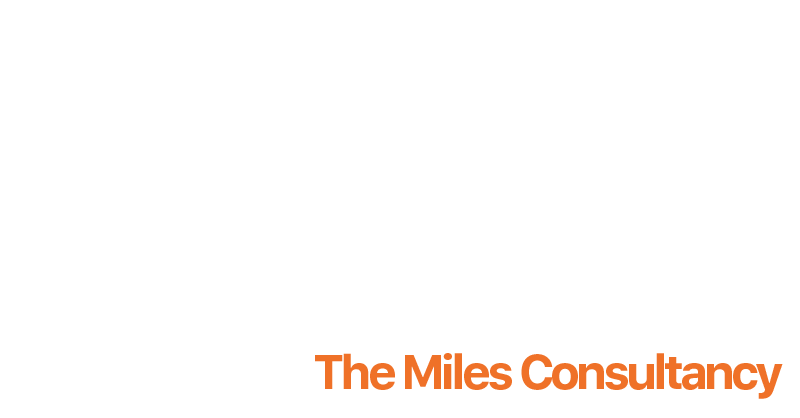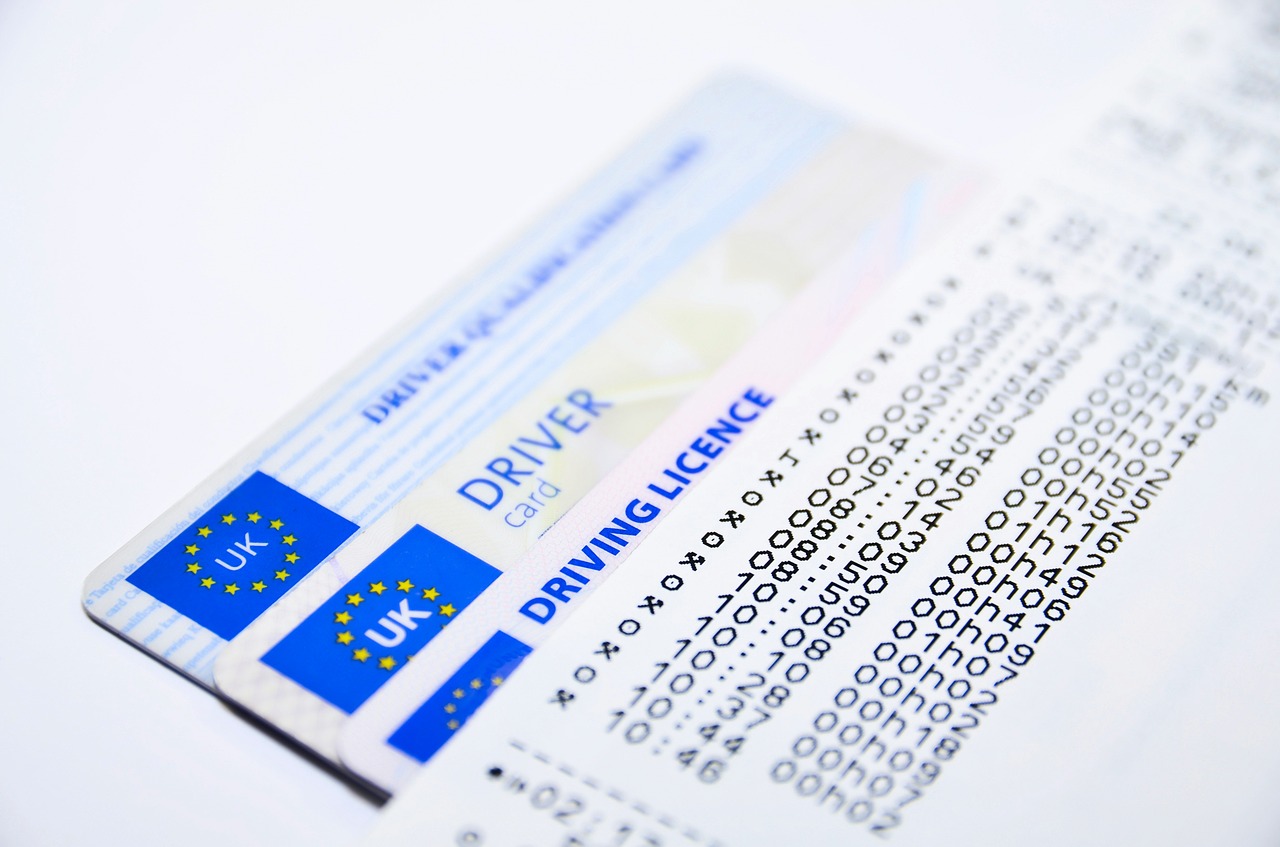All relationships ultimately rest on trust. At TMC, our business is mainly capturing and merging information to help our clients manage their fleet operations efficiently. But part of it always involves checking the accuracy and trustworthiness of the information.
One of the most famous tales about honesty—the one where George Washington owned up to damaging his father’s prized cherry tree—is not true at all. When there’s a cost to being honest, we find ways to be economical with the truth.
Perhaps that’s why so many people bend the facts to try to avoid getting points on their driving licence. This can, and regularly does, get drivers disqualified or sent to jail. But still people try it on.
Nevertheless, an RAC survey two years ago also found that 23% of UK drivers hid penalty points from their insurer to keep their premium down. If the finding was right, it means around 600,000 motorists could be on the road today with potentially invalid insurance cover.
Employees who need a licence to do their job often succumb to the temptation to hide penalty points from their company if they think they can get away with it.
This poses real risks to businesses that don’t source-check licences with the DVLA. Some of their grey fleet drivers could be uninsured. Their company vehicle drivers could be among the 80,000 UK drivers on nine points who are only one speeding ticket away from losing their licence.
Forty years ago, a pathology professor was giving evidence to a US Congressional hearing. He said: “I should like to close by citing a well-recognized cliché in scientific circles. The cliché is, ‘In God we trust. Others must provide data.'”
It wouldn’t be a bad idea to print those words on every insurance application and fleet driver handbook. It’s not a question of whether companies should be able to trust employees to tell the truth about driving licences. Trust does not come into it: the data is available.
TMC’s checks cost as little as £2.50 per licence, including reporting and following-up driver mandates. It is a small price to pay for peace of mind and Duty of Care compliance.
The alternative is to continue relying on trust in an area where honesty has repeatedly been found to be lacking.


